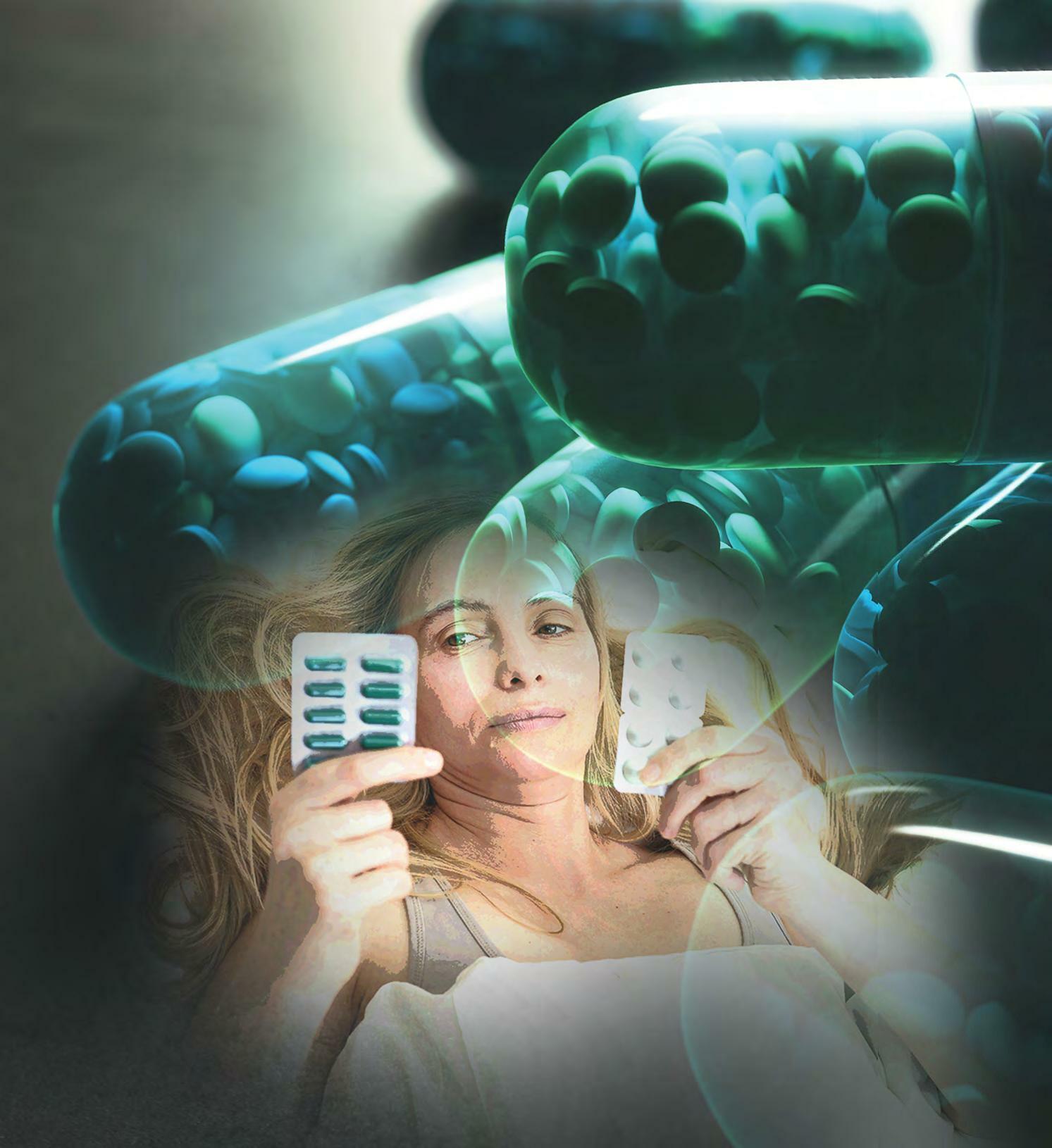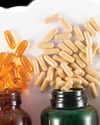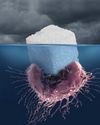Antidepressant blues

Psychiatry is in crisis. Among the problems plaguing the profession are soaring mental health statistics, patient recovery rates that have flatlined for decades, and a growing stack of evidence that the primary tools of the trade psychoactive drugs including super-selling antidepressants don’t work so well and are linked to an expanding litany of damaging side-effects that are increasingly hard to ignore.
Depression remains the number one cause of disability in the United States, as it is across the Western world. Younger adults and adolescents are most affected, and increasingly at younger ages; suicide is now the second leading cause of death for youths aged 10 to 19. Mental illness is the leading cause of disability in children, outpacing physical disabilities like cerebral palsy or Down syndrome. A staggering 2.7 million American children ages 3–17 received a depression diagnosis in 2016–2019.
By far the biggest consumers of antidepressants are women, however. More than 17 percent of American women had taken antidepressants in the past month in 2015–2018, according to the CDC, and for women over the age of 60, that number rose to nearly one in four (24.3 percent).
Doctors used to prescribe antidepressants for people with rare “melancholia” back in the 1960s and ’70s, but the old drugs, like tricyclics, had grim side-effects and their use was limited.
In the late ’80s, a new line of antidepressants called SSRIs (selective serotonin reuptake inhibitors) was approved by the US Food and Drug Administration. SSRIs block the reuptake of the chemical messenger serotonin into neurons and thereby are believed to make more serotonin available to improve transmission of messages between neurons.
Esta historia es de la edición Aug/Sep 2023 de What Doctors Don't Tell You Australia/NZ.
Comience su prueba gratuita de Magzter GOLD de 7 días para acceder a miles de historias premium seleccionadas y a más de 9,500 revistas y periódicos.
Ya eres suscriptor ? Conectar
Esta historia es de la edición Aug/Sep 2023 de What Doctors Don't Tell You Australia/NZ.
Comience su prueba gratuita de Magzter GOLD de 7 días para acceder a miles de historias premium seleccionadas y a más de 9,500 revistas y periódicos.
Ya eres suscriptor? Conectar

Metalhead
Could toxic heavy metals be making you ill? Here's how to spot the signs and symptoms, says Dr Leigh Erin Connealy, and your action plan for effective detox

Good bones
There's a lot of fearmongering when it comes to the risk of fractures in older women, says Marcelle Pick. Here's what you need to know and how to look after your bones naturally

Supplements in the spotlight
Confused about supplements? Dr Jenny Goodman has the lowdown on why we need them, how to choose a top-quality product and the ingredients to avoid

Essentially balanced
These essential oils can help you soothe stress, balance your hormones and feel like your best self again

An integrative approach to breast cancer
Blending the best of integrative medicine with the best of conventional medicine gives the greatest chance of healing breast cancer, says Dr Leigh Erin Connealy

THE NEEDLE'S EDGE
An intriguing new theory says it's not what's in the jabs but how the needles are inserted that explains the rampant and varied Covid vaccine damage. Celeste McGovern investigates the Bolus Theory

How sugar causes cancer
Amajor breakthrough in cancer research has discovered that sugar-usually from fast food-switches off our cancer-fighting genes

The illusion of the magician
Howrelative risk makes a drug seem effective when it’s not

Of pesticides and PMS
Detoxing from a hormone-disrupting herbicide, along with getting the right nutrition, was the answer to a patient’s debilitating PMS, says Dr Jenny Goodman

Not just a phase
Is your workout working against your hormones? Debra Atkinson explains why and how to exercise with your hormonal cycle for the best results
